


Are you worried about your skin condition? Get in touch with the best of our Skin Specialists In Andheri. For skin treatment, book an appointment with our dermatologists near you at +917977018602
Facial pigmentation, or hyperpigmentation, is the darkening of skin patches on the face due to excess melanin production. It’s caused by factors like sun exposure, hormones, inflammation, and genetics. Types include melasma, post-inflammatory hyperpigmentation, sunspots, and freckles.
Pigmentation on your face can occur as tiny dark patches around your lips, below the eyes, across the neck, or on the forehead. Treatments include topical creams, chemical peels, laser therapy, and microdermabrasion. Prevention involves sun protection and a healthy lifestyle.
1.Melasma: This type of pigmentation appears as brown or grayish patches, often on the cheeks, forehead, nose, and chin. It’s commonly associated with hormonal changes, such as pregnancy or birth control pills, and sun exposure.
2.Freckles: Freckles are small, flat spots that are usually tan or light brown. They’re more prominent in people with fair skin and tend to darken with sun exposure.
3.Sunspots or Solar Lentigines: These are dark spots that develop due to prolonged sun exposure. They often appear on areas of the face that receive the most sunlight, such as the cheeks, nose, and forehead.
4.Post-inflammatory Hyperpigmentation (PIH): PIH occurs after skin inflammation or injury, such as acne, burns, or cuts. It appears as dark spots or patches in areas where the skin has healed.
5.Post-Inflammatory Erythema (PIE): Post-Inflammatory Erythema (PIE) refers to persistent red or pink discoloration of the skin that occurs after an inflammatory acne lesion has healed. Unlike post-inflammatory hyperpigmentation (PIH), which manifests as dark spots, PIE is characterized by redness caused by dilated blood vessels near the skin’s surface. It is also more common in people with lighter skin tones.

1.Sun Exposure: UV radiation from the sun stimulates the production of melanin, the pigment responsible for skin color. Excessive sun exposure can lead to an overproduction of melanin, causing dark spots and pigmentation.
2.Hormonal Changes: Fluctuations in hormones, such as during pregnancy, menopause, or while taking hormonal contraceptives, can trigger melasma.
3.Inflammation: Skin inflammation caused by conditions like acne, eczema, or psoriasis can stimulate melanocytes, leading to hyperpigmentation in affected areas.
4.Skin Injuries: Scars resulting from cuts, burns, or other injuries to the skin can sometimes develop hyperpigmentation as they heal.
5.Genetics: Some people are more predisposed to developing pigmentation due to genetic factors.
6.Ageing: As people age, their skin changes, including the development of age spots or liver spots, which are dark patches caused by accumulated sun exposure over the years.
1.Protective Clothing: Wear hats, sunglasses, and clothing that provide additional protection from the sun’s harmful rays.
2.Avoid Irritants: Limit exposure to harsh skincare products and procedures that can cause inflammation and trigger pigmentation.
3.Limit Sun Exposure: Minimize prolonged sun exposure, especially during peak hours between 10 a.m. and 4 p.m., when UV radiation is strongest.
5.Avoid Smoking: Smoking accelerates skin aging and increases the risk of pigmentation problems by depleting oxygen levels in the skin and promoting free radical damage.
6.Stay Hydrated: Drink adequate water daily to keep your skin hydrated and maintain its natural barrier function, which can help prevent pigmentation issues.
7.Manage Stress: Chronic stress can trigger hormonal imbalances and inflammation, which may contribute to facial pigmentation. Practice stress-reducing activities such as meditation, yoga, or deep breathing exercises.
8.Healthy Diet: Eat a balanced diet rich in fruits, vegetables, and antioxidants to support skin health and minimize inflammation that can contribute to pigmentation issues.
9.Regular Exercise: Exercise improves blood circulation, which helps deliver essential nutrients and oxygen to the skin, promoting overall skin health and reducing the risk of pigmentation issues.

1.Topical Treatments: Over-the-counter and prescription creams containing ingredients like hydroquinone, retinoids, kojic acid, and vitamin C can help lighten dark spots and even out skin tone.
2.Chemical Peels: Dermatologists may recommend chemical peels to exfoliate the skin and reduce the appearance of pigmentation.
3.Laser Therapy: Laser treatments target melanin in the skin to break up dark spots and promote collagen production for smoother, more even-toned skin.
4.Microdermabrasion: This procedure uses a rotating device to gently exfoliate the skin, reducing the appearance of pigmentation and improving overall skin texture.
Face pigmentation is a common dermatological concern that can be effectively addressed with the expertise of the best dermatologist in Andheri. Whether it’s sunspots, melasma, or post-inflammatory hyperpigmentation, seeking professional guidance and tailored treatments can lead to noticeable improvements in skin tone and texture.
Additionally, for those dealing with acne treatment in Andheri, advanced acne treatments provided by skilled dermatologists offer effective solutions for clearer, healthier skin. Don’t hesitate to consult with a trusted dermatologist in Andheri to address your specific skin concerns and achieve radiant, blemish-free skin.
While some home remedies like lemon juice or yogurt masks may offer mild improvements, they are generally less effective compared to medical treatments. They may irritate or worsen pigmentation in some cases.
Genetics can predispose individuals to certain types of pigmentation disorders, influencing factors such as skin color, susceptibility to sun damage, and hormonal responses that can affect pigmentation.
Mild pigmentation may fade naturally over time, especially with diligent sun protection and skincare practices. However, more severe pigmentation may require targeted treatments for significant improvement.
For treating your skin condition, feel free to get in touch with one of our best dermatologists in Andheri. You can also call on +917977018602 to book an appointment at one of our skin clinics near you.
 Sem qwase eiusmod default
Sem qwase eiusmod default
 Uramaki Food
Uramaki Food
 Lorem ipsum dolor.
Lorem ipsum dolor.
 Nullam malesuada
Nullam malesuada
 interdum orci
interdum orci
 Matto
Matto
 Zuzu Luxe Lipstick
Zuzu Luxe Lipstick
 Note BB Cream
Note BB Cream
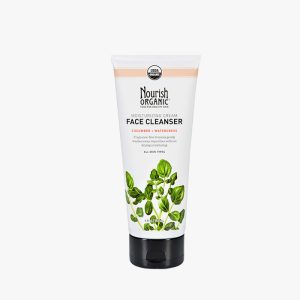 Nullam malesuada
Nullam malesuada
 Lip Liquid linen
Lip Liquid linen
 Enean dignissim.
Enean dignissim.
 Liquid Linen
Liquid Linen
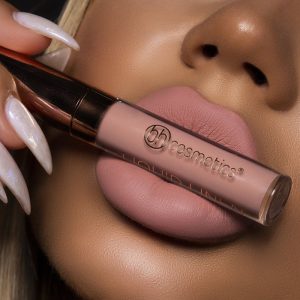 Bh Cosmetics
Bh Cosmetics
 Lorem ipsum dolor sit
Lorem ipsum dolor sit
 Donec Nec Justo
Donec Nec Justo
 Korres Gel
Korres Gel
 Lipstick Liquid
Lipstick Liquid
 Love Skincare
Love Skincare
 Cucumber Organie
Cucumber Organie
 Psum dolor
Psum dolor
 Proin
Proin
 Semper suscipit
Semper suscipit
 Laneige
Laneige
 The One
The One
 Avon Soft Musk Pink
Avon Soft Musk Pink
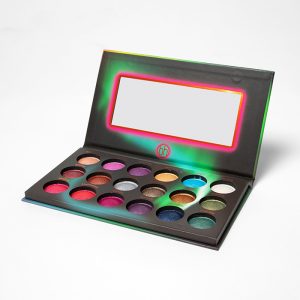 Eyeliner Nemo
Eyeliner Nemo
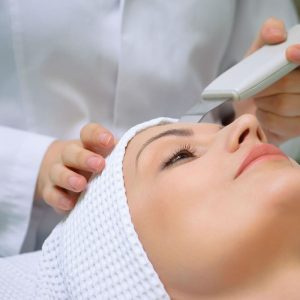 Rouel
Rouel
 Zzril delenit
Zzril delenit
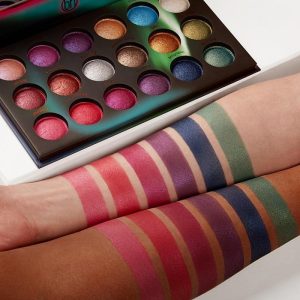 Eyeliner bh
Eyeliner bh
 Foundation bh
Foundation bh
 Nemo enim ipsam enim
Nemo enim ipsam enim
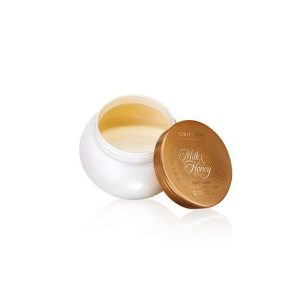 Milk honey
Milk honey
 Avon Musk Rose
Avon Musk Rose
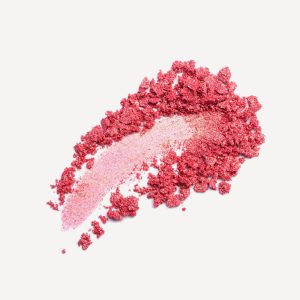 lam malesuada er
lam malesuada er
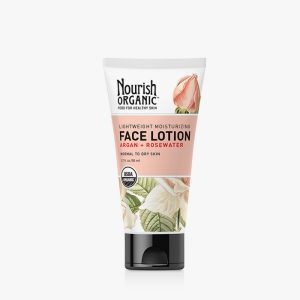 Framed-Sleeve Tops Group
Framed-Sleeve Tops Group
 Charlotte Tilbury Mini
Charlotte Tilbury Mini
 Tortor
Tortor
 Korres Moisturising
Korres Moisturising
 Fenasi
Fenasi
 Pilot jacket simple
Pilot jacket simple
Subtotal: $7,519.80
WhatsApp us
